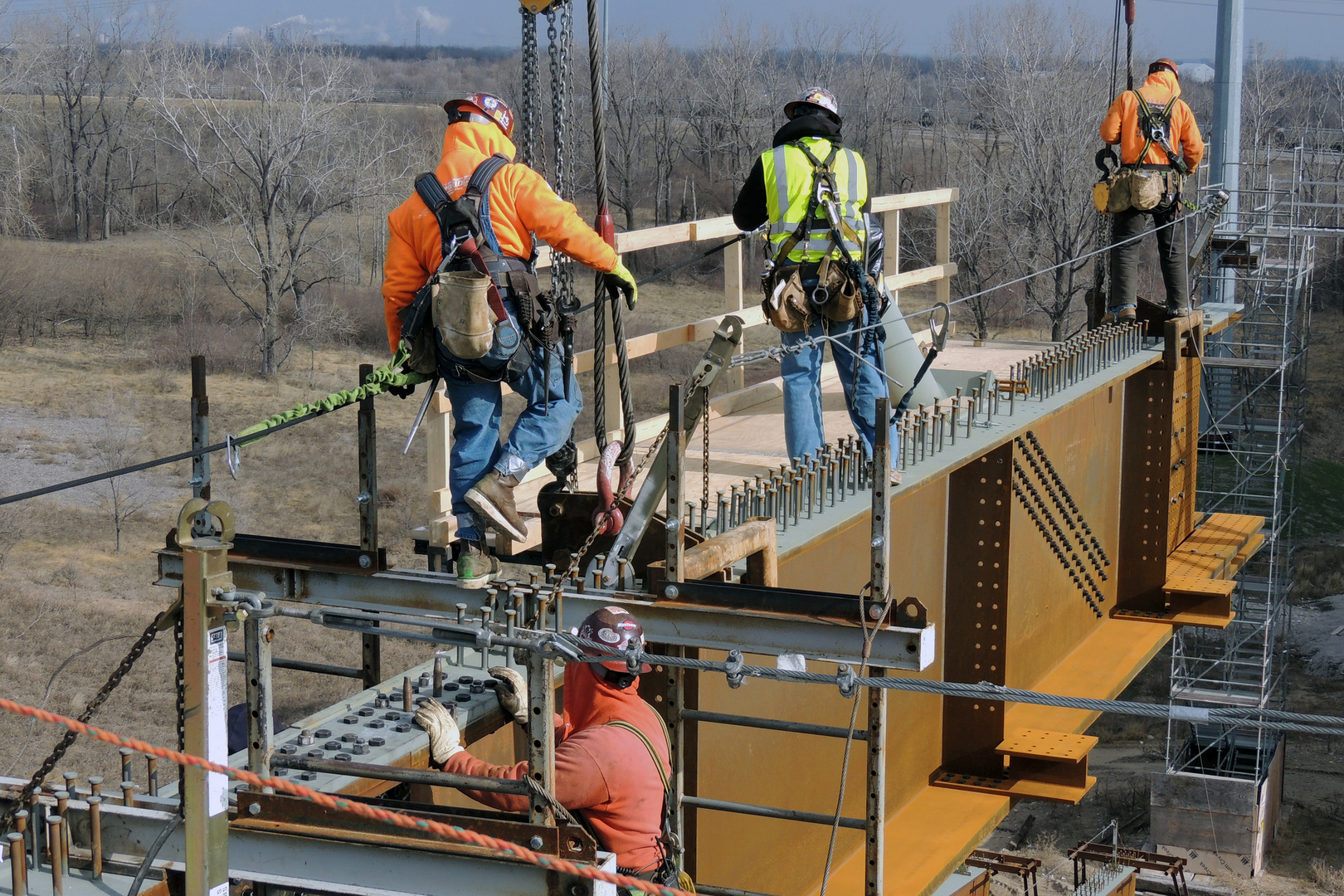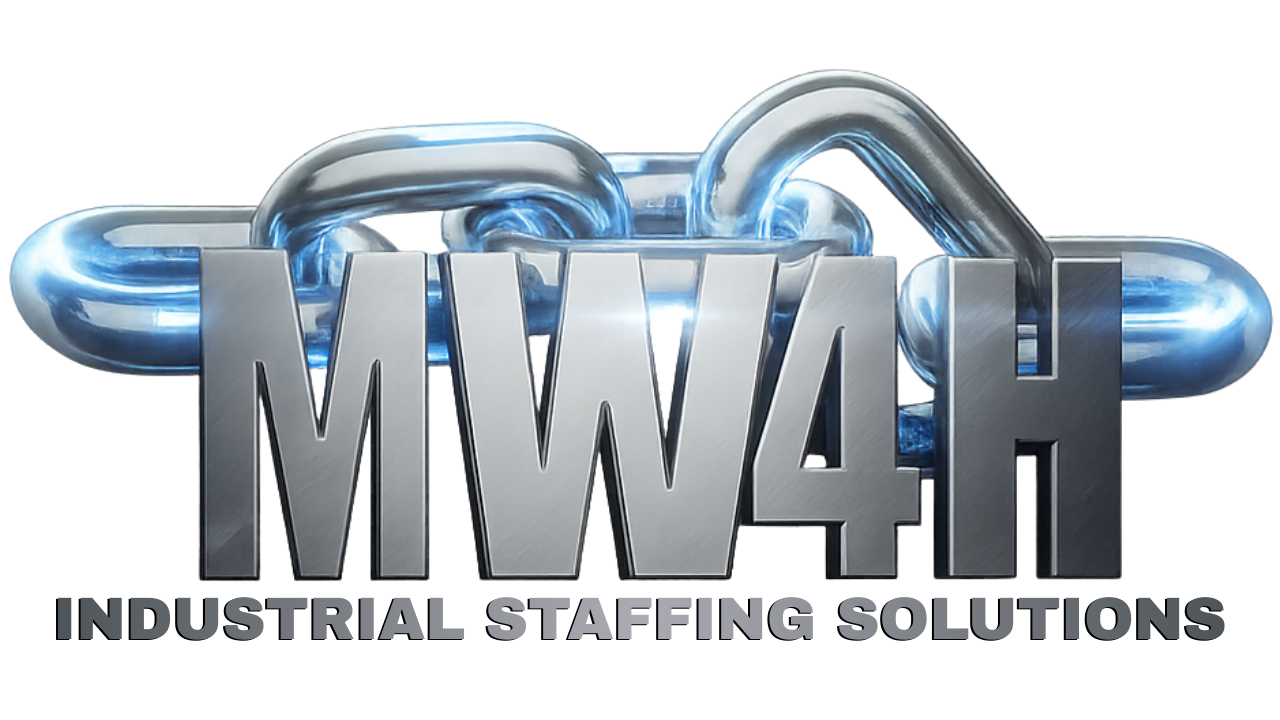The Future of Skilled Trades: Trends Shaping Industrial Staffing
The landscape of industrial staffing is undergoing a significant transformation due to rapid technological advancements and shifting workforce demographics. This blog explores key trends that are setting the direction for the future of skilled Trades in various industries.
Technological Advancements:
- Automation and Robotics: As more industries adopt automation, the demand for robotics technicians and engineers who can design, maintain, and improve these systems increases.
- Artificial Intelligence (AI): AI is revolutionizing the staffing industry by enhancing the recruitment process through predictive analytics and improving the match between job roles and candidates.
- Virtual Reality (VR) and Augmented Reality (AR): These technologies are being used for training and simulation, providing workers with real-world experience in a controlled, virtual environment.
Shifts in Workforce Demographics:
- Aging Workforce: As the baby boomer generation retires, industries are facing a skills gap. This trend is accelerating the need for training programs to upskill the younger workforce.
- Increasing Diversity: Workplaces are becoming more diverse, including more women and minorities in traditionally male-dominated fields such as construction and manufacturing.
- Millennials and Gen Z: These newer generations seek different employment benefits, such as flexibility, work-life balance, and meaningful work. Companies are adapting by offering more remote working options and project-based roles.
Emerging Skills and Roles:
- Green Jobs: With a push towards sustainability, industries require skills in green technologies and practices. Roles like sustainability consultants and renewable energy technicians are becoming more prevalent.
- Cybersecurity in Industrial Settings: As industrial systems become more connected, the risk of cyber threats increases. There is a growing need for cybersecurity professionals who can protect operational technology.
Educational and Training Shifts:
- Microcredentials: There is a move towards shorter, focused training sessions that offer specific certifications rather than broad degrees, allowing workers to adapt to changes more quickly.
- Lifelong Learning: Continuous education is becoming a necessity due to the rapid pace of technological change, requiring workers to continually update their skills.
Policy and Regulatory Changes:
- Trade Laws and Regulations: Changes in trades laws and increased focus on workers' rights are influencing how industries staff their projects, including more stringent requirements for worker safety and fair pay.
- Immigration Policies: These policies affect the availability of skilled tradesmen, especially in countries that rely on foreign talent to fill skills shortages.
Conclusion:
The future of skilled tradesmen is being shaped by multiple forces, each pushing the industrial staffing sector towards more technologically integrated and demographically diverse futures. Companies that anticipate and adapt to these changes will thrive, securing a competitive edge in the industrial landscape.



